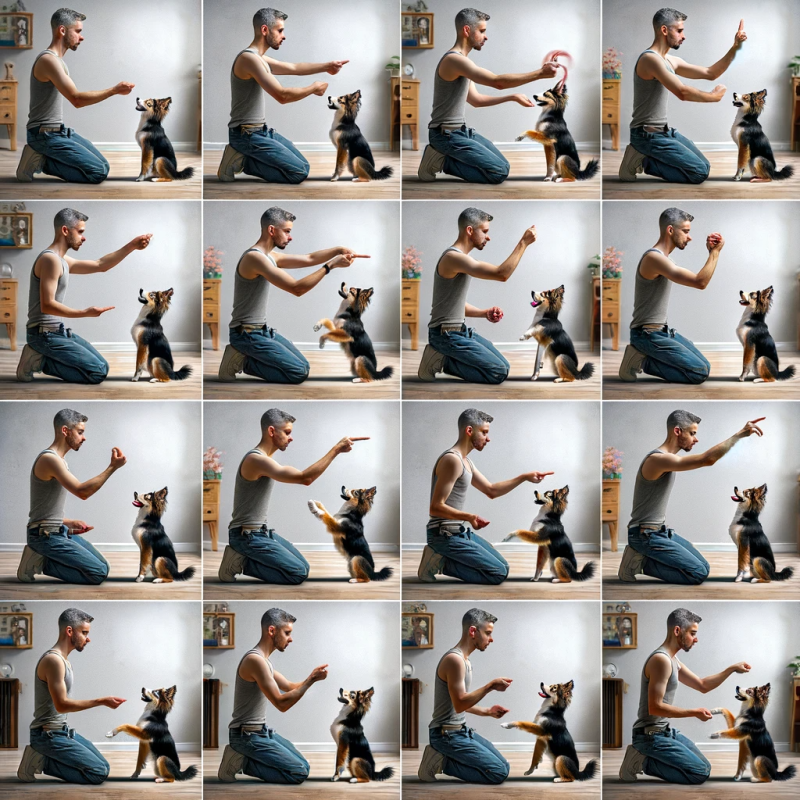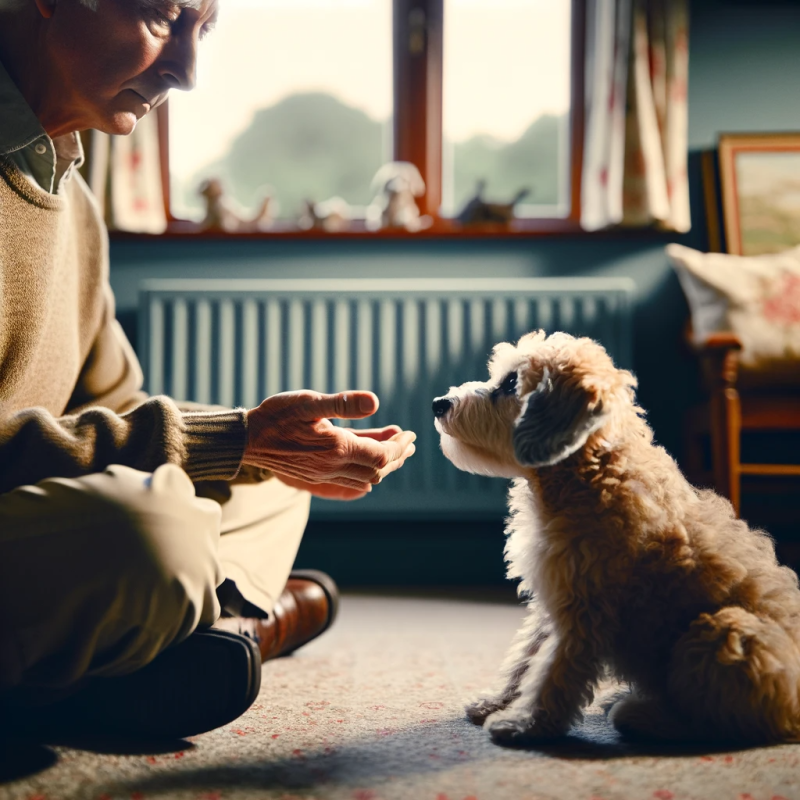Embarking on the journey of training a toy dog can be both exciting and challenging.
Contrary to popular belief, training a toy breed isn’t vastly different from training other dogs.
This comprehensive guide will walk you through the key principles of successfully training your toy dog, focusing on patience, consistency, kindness, and positive reinforcement.
Understanding the Basics of Toy Dog Training
Patience: Your Training Cornerstone

Training any dog, including toy breeds, requires an immense amount of patience.
This is particularly crucial when dealing with tasks such as housebreaking or teaching basic commands like ‘sit’.
Remember, repetition is key in dog training, and this inherently demands patience, especially when dealing with the inevitable accidents during potty training.
Consistency: The Foundation of Effective Training

The most significant aspect of dog training is consistency.
The goal is to help your dog associate your commands with specific actions.
This can only be achieved through consistent training.
Use the same commands for desired actions and maintain simplicity in your instructions to strengthen this association.
Positive Reinforcement: The Role of Praise

Praise and positive reinforcement are integral to successful dog training.
Dogs should learn to follow commands out of a desire to please you, not fear.
Generous praise, along with treats and affection, when your dog correctly follows a command, is essential.
Kindness: The Heart of Training Your Toy Dog

Kindness is paramount in dog training.
It’s about creating a bond with your dog that fosters a desire to please.
Avoid negative training methods such as yelling or physical punishment, as these are not only ineffective but also harmful.
Kindness fosters a positive learning environment and strengthens your bond with your pet.
Training a Toy Dog: Breaking Down Misconceptions

The prevalent belief that toy dogs require significantly different training methods is a misconception.
The truth is, all dogs, regardless of breed, respond well to the same fundamental training principles: patience, love, praise, consistency, and kindness.
Conclusion: The Path to a Well-Trained Toy Dog
In summary, training a toy dog is not a breed-specific challenge but a universal one.
Embracing patience, consistency, kindness, and positive reinforcement will equip you with all the necessary tools to effectively train your toy dog.
Remember, the key to successful dog training lies in understanding and adapting to your dog’s unique personality and needs.
By adhering to these guiding principles, you’ll be well on your way to nurturing a well-behaved, happy toy dog, ready to be a loving and obedient companion.
from WordPress https://ift.tt/WtwX3gp
